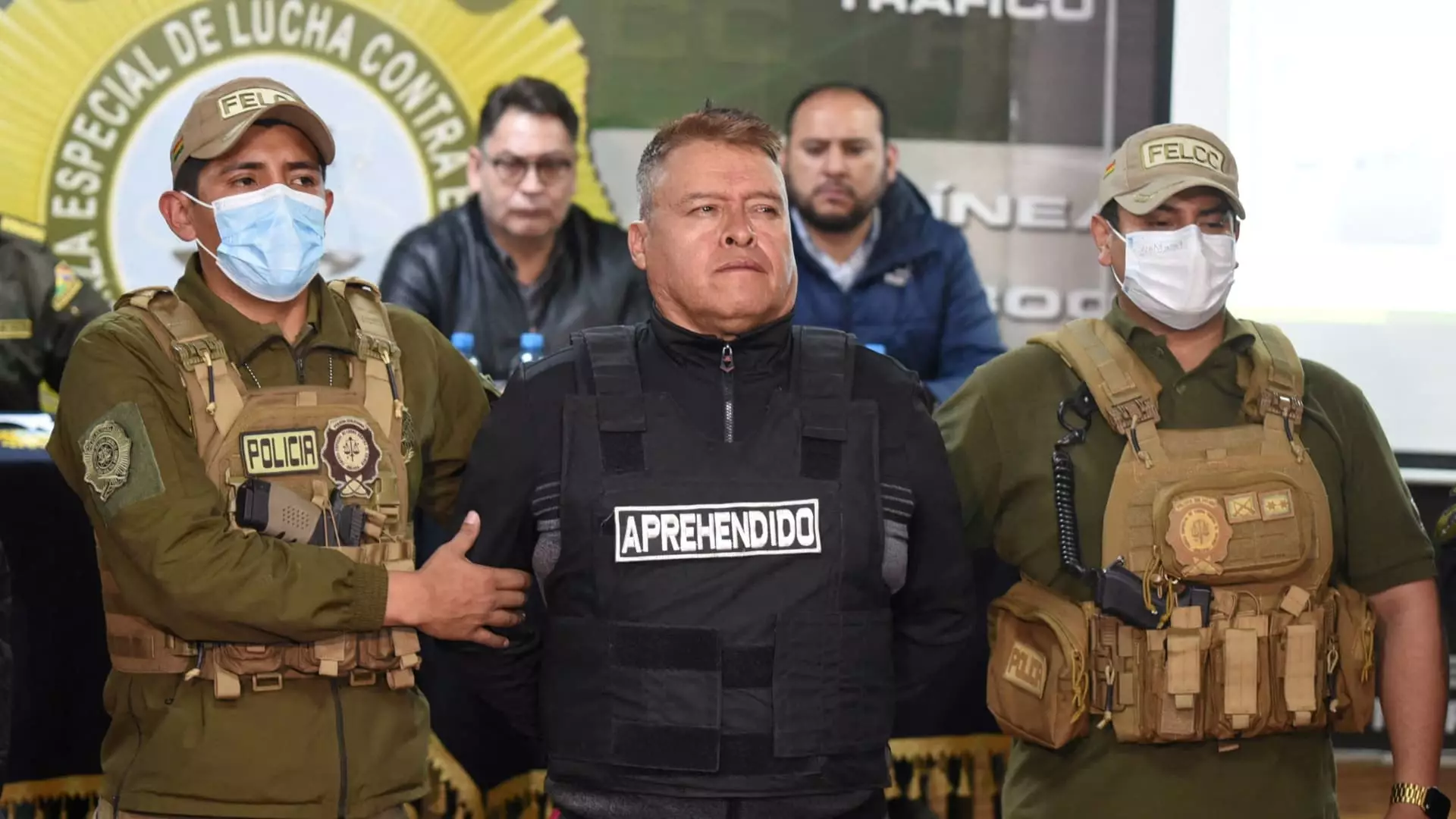In a surprising turn of events, Bolivian armed forces arrested General Juan Jose Zuniga on accusations of attempting a coup against the country’s government. This arrest followed a dramatic scene at the national palace, where armed soldiers, led by army chief Zuniga, appeared to encircle the government seat of President Luis Arce. The President himself referred to the incident as an attempted putsch, calling on the people of Bolivia to mobilize and defend democracy.
Video footage of the Plaza de Murillo in La Paz showed tanks and troops controlling access to the site in an irregular manner, prompting top ministerial official Maria Nela Prada to denounce the coup attempt and the breach of constitutional order. The situation escalated quickly, with the president naming new army, navy, and air commanders, and the urgent instruction for the armed forces to stand down. However, the soldiers eventually withdrew, allowing waves of Arce’s supporters to enter the area.
General Zuniga, who was removed from his post the day before for criticizing former President Evo Morales, was swarmed by crowds, detained, and labeled a “traitor” by the Minister of Justice. Zuniga had declared intentions to overhaul the country’s ministerial cabinet and spoke of a patriotic duty to “recover” the nation. He confirmed that the coup forces were indeed aiming to take over the Bolivian presidential residence.
The apparent coup attempt comes at a challenging time for Bolivia, which is grappling with a severe economic crisis characterized by U.S. dollar shortages, high public debt, and declining natural gas production. These issues have been exacerbated by the country’s reliance on the commodities boom of 2014. Despite these challenges, the International Monetary Fund projects a modest economic growth rate of 1.6% for Bolivia this year.
The international community swiftly condemned the coup attempt in Bolivia, with the European Union expressing solidarity with the Bolivian government and people. Spain’s Prime Minister also denounced the military movements in Bolivia, emphasizing the importance of respecting democracy and the rule of law. Furthermore, several South American countries, including Venezuela, Paraguay, Cuba, and Chile, joined in denouncing the military action.
Overall, the attempted coup in Bolivia and the subsequent arrest of General Zuniga have raised concerns about political stability and democratic governance in the country. The swift response from both domestic and international actors underscores the importance of upholding democratic norms and institutions in the face of such challenges. The coming days will be crucial in determining the political trajectory of Bolivia and its ability to address the underlying economic and social issues that have contributed to the current crisis.


Leave a Reply